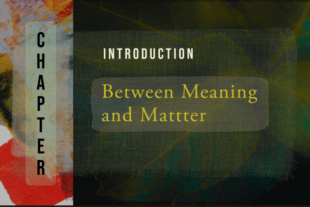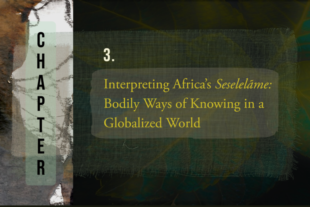| Row Headers | Content |
|---|---|
| Author | Ben Spatz |
| Abstract | This essay contests the assumed primacy of technoscientific and biochemical methods in determining what human and other bodies are made of. From a perspective grounded in critical race, cultural, and performance studies, as well as embodied artistic research, it offers an expanded molecular theory of identity that foregrounds the radical asymmetry of what are still too often glossed as sociocultural signs or attributes rather than material substances. The essay begins by surveying a handful of recent critical treatments of technoscientific molecules that foreground their racial and gendered construction. It then considers the politics implied by a more expansive conception of the molecular, comparing and contrasting this with theories of the molecular that follow Deleuze and Guattari. The final section reflects on the implications of such a conceptual shift for experimental research methods, including not only a richer way to theorize embodied difference, but also a radical reshuffling of the dominant disciplinary hierarchies that attach greater epistemic primacy to more quantitative methods. |
| Tags / Keywords | artistic research, critical race studies, cultural studies, Deleuze and Guattari, disciplinary hierarchies, embodied difference, experimental research methods, performance studies, radical asymmetry, theory of identity |
| News, Media, Events | |
| Explore further | |
| Posts |
Home » Blog » Chapter 2



